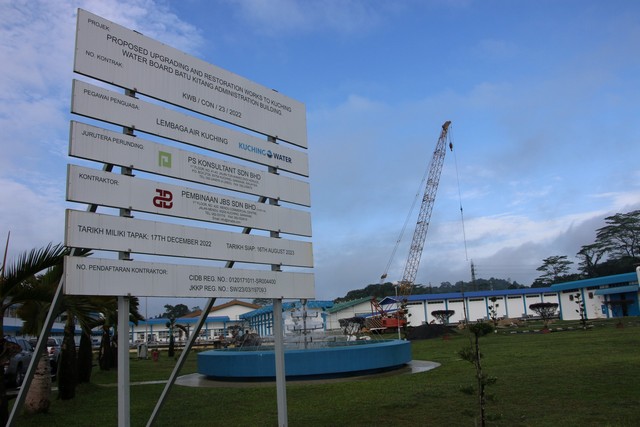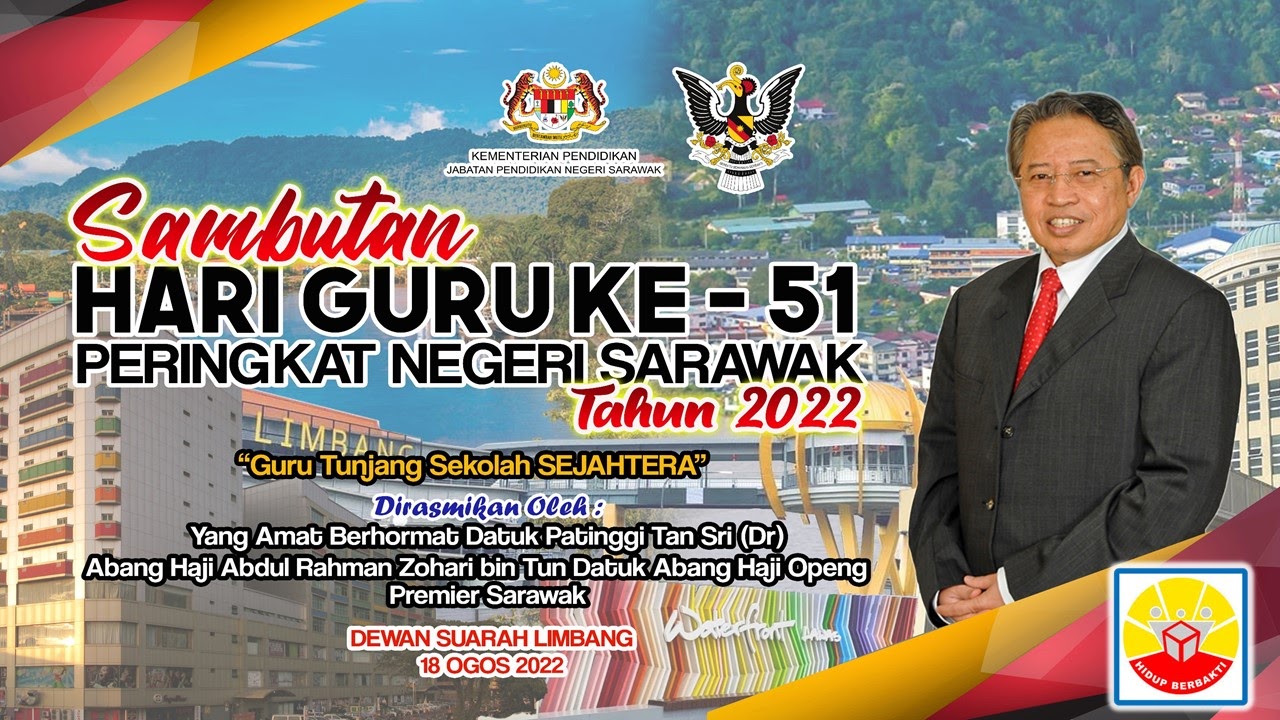In today’s rapidly evolving and competitive landscape, project management is seen as a crucial discipline to practise to ensure the favourable outcome of a project.
Commonly employed in many industries that tend to be project-based such as construction, engineering, software development and marketing, it encompasses principles, methods and tools in coordinating resources to achieve objectives through planning, organising and controlling.
Project management is essential for organisations to guarantee the timely completion of their projects, which also meet the expected quality standards and are within budget.
It also supports them in recognising and reducing risks, managing resources effectively, and keeping stakeholders informed and engaged throughout the project – all of these can then enhance their productivity, efficiency and profitability.
Increasingly, its application is becoming significant in the public sector, especially as public servants are compelled to navigate more complex environments to implement public policies, strategic plans and development activities.
Apart from utilising public resources more systematically, public sector organisations that can manage projects successfully will be more capable and consistent in delivering their services, which in turn improves their relationship and engagement with their stakeholders who benefit for them.
Hence why ‘Project Management’ served as the theme for the 2024 edition of the Sarawak Civil Service One Team Retreat (SCS OTR), in which Sarawak Government Secretary YB Datuk Amar Haji Mohamad Abu Bakar bin Marzuki explained its selection as a way “to strengthen the public service to be more effective and efficient”.

“Projects need to be planned and managed not just with its end goal in mind. We must consider what the impacts of these projects are and how valuable they will be to the people.
“This is to ensure that Sarawak can achieve its aspirations per Post COVID-19 Development Strategy 2030 and beyond,” he said in his presentation to the Premier of Sarawak YAB Datuk Patinggi Tan Sri (Dr) Abang Haji Abdul Rahman Zohari bin Tun Datuk Abang Haji Openg on the final day of the occasion, which took place at The Empire Hotel, Brunei Darussalam.

Throughout the session, he described outcomes from a series of discussions conducted by participants of SCS OTR – consisting of heads of department of the Sarawak civil service (SCS), as well as statutory bodies and government-linked companies – that focused on ways to enhance the public sector’s project management abilities, specifically in interconnected areas of:
- Budget and Procurement;
- Pre-contract State (Planning, Design & Siting, Tender & Award);
- Implementation and Monitoring;
- Post-project Implementation (Maintenance); and
- Management of Utilities under Projects.
Fundamentally, various solutions have been proposed to tackle challenges in managing projects.
In terms of policies and regulations, these include, among numerous others, establishing a project management reporting platform; expanding the role of the Sarawak Monitoring and Implementation Unit to incorporate improvements to project delivery processes; integrating utilities and infrastructure projects; and imposing occupational safety and health administration or OSHA to all public sector development projects.
Other suggestions were made concerning administration on project management, and human capital development and management.
In both aspects, the Sarawak Government Secretary reiterated the need for heads of department to communicate with each other to make certain that projects undertaken by their departments do not overlap or duplicate.
Above all, he assured the Premier of Sarawak of the commitment from all parties in the SCS to carry out all proposed solutions on policies and regulations, administration on project management, and human capital development and management – ultimately finding ways to collaborate as “One Team SCS” rather than working in silos.
Reference:
EIPA, European Institute of Public Administration. (2024, October 30). Introduction to Project Management for the Public Sector. EIPA. https://www.eipa.eu/courses/project-management-for-the-public-sector/
Why Is Project Management Important? (2023, July 10). National University. https://www.nu.edu/blog/why-is-project-management-important/





